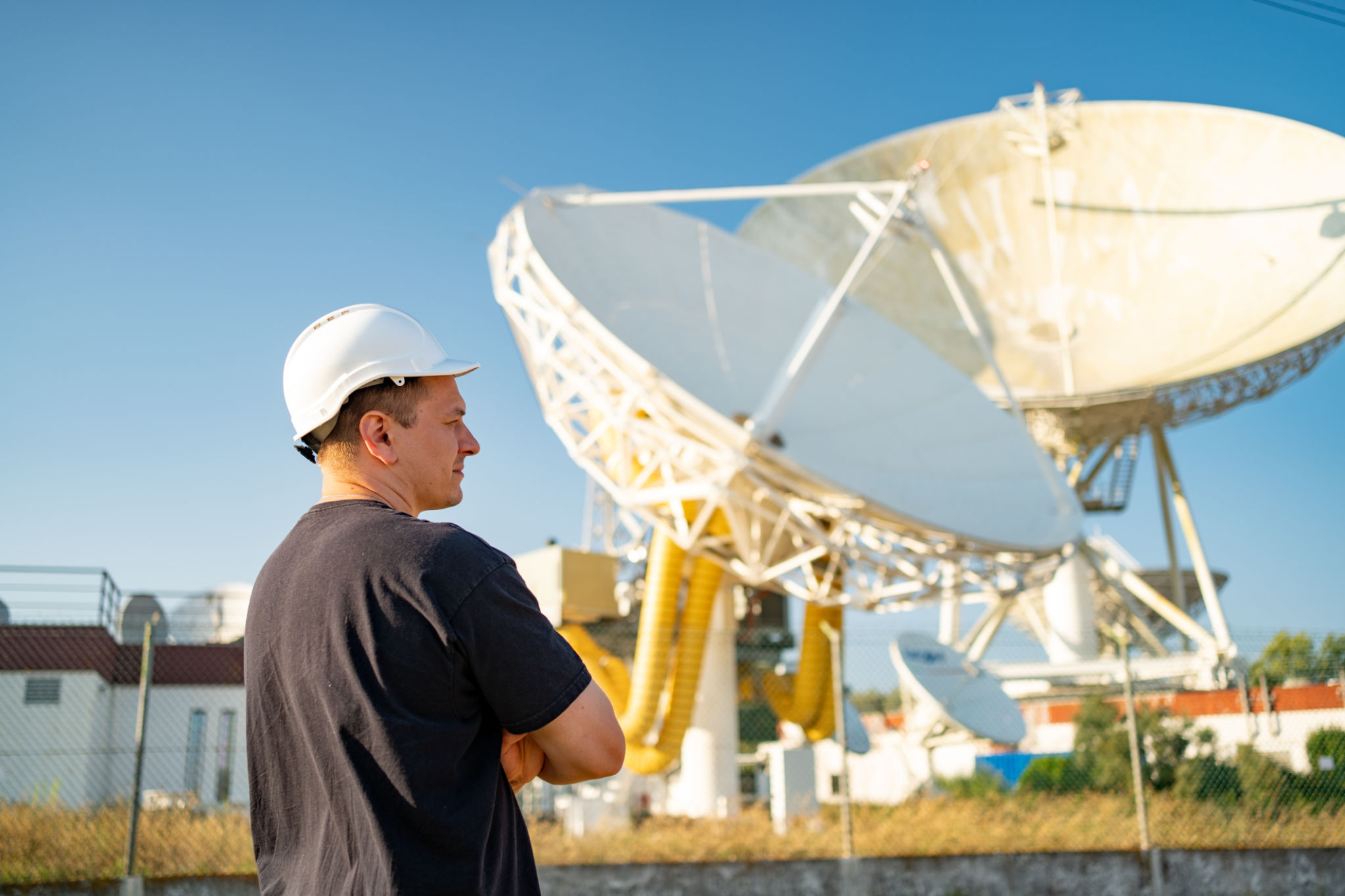The Benefits of Regular Car Radar Calibration for Safe Driving
Understanding Car Radar Systems
In today's modern vehicles, advanced driver-assistance systems (ADAS) play a crucial role in ensuring safety on the road. One critical component of these systems is car radar technology, which helps detect objects around the vehicle. This technology enhances features like adaptive cruise control, collision avoidance, and lane-keeping assistance. However, to maintain optimal performance, regular calibration of these radar systems is essential.

The Importance of Calibration
Radar calibration is the process of aligning and fine-tuning the radar sensors to ensure they provide accurate data to the vehicle's systems. Over time, factors such as minor collisions, repairs, or even simple wear and tear can affect radar alignment. Regular calibration ensures that the radar system continues to function correctly, enhancing both vehicle safety and performance.
Benefits of Regular Calibration
Regular radar calibration offers several benefits that contribute to safer driving:
- Accuracy in Object Detection: Properly calibrated radars detect objects more accurately, reducing the risk of false alarms or missed detections.
- Improved System Performance: Calibrated systems work more efficiently, ensuring that features like adaptive cruise control respond appropriately to traffic conditions.
- Enhanced Safety: With accurate data, the vehicle can better assist drivers in avoiding potential hazards, contributing to overall road safety.

When to Calibrate Your Car's Radar
Several situations necessitate radar calibration. After any significant impact or collision repair, it’s crucial to have the radar system checked and recalibrated. Additionally, if you notice any warning lights related to your vehicle's ADAS features or experience unusual behavior from these systems, it may be time for a check-up.
The Calibration Process
The process of calibrating a car's radar system typically involves specialized equipment and expertise. Technicians use precise tools to ensure that the radar sensors are correctly aligned with the vehicle's specifications. This meticulous procedure helps restore the system to its optimal operating condition.

Choosing the Right Service Provider
Selecting a qualified service provider is crucial for successful radar calibration. Look for technicians with experience in handling advanced driver-assistance systems and who use the latest calibration equipment. A professional service will ensure that your vehicle’s radars are set accurately and safely.
Conclusion
Regular car radar calibration is not just about maintaining your vehicle's performance; it's a vital step in ensuring your safety on the road. By keeping your radar systems in check, you not only enhance the functionality of your ADAS features but also contribute to a safer driving environment for everyone. Remember, a small investment in regular maintenance can lead to significant benefits in terms of safety and peace of mind while driving.
